Fruit For Thought - Pomegranate
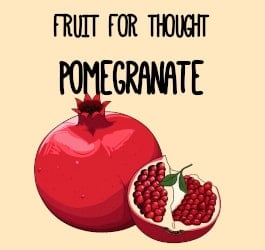

Pomegranates
Pomegranates are (botanically) a fruit, which once consumes the seeds of. They are native to the Middle East and South Asia, having large cultural influences in Ancient Egyptian Culture. They have a thick and hard rind. Once this is cut open, chambers of tiny, bright red/purple seeds are revealed. These seeds are the part of the fruit that is consumed, and they have a sweet-tart flavour. This coupled with their size means that they are ideal to snack on, or to add to dishes to enhance their flavours a little bit.
Pomegranates in Culture
As touched upon earlier, Pomegranates were important in Ancient Egyptian Culture. It represented fertility, prosperity, and abundance. It was a symbol of rebirth and renewal, often being buried with the dead in their tombs. The belief was that if a pomegranate was buried with the dead, then that person would have a safe passage into the afterlife.
It’s not just Egyptian Culture that the Pomegranate had influence in. In Ancient Greek Culture, pomegranates were a staple in explaining the reasoning behind the four seasons.
Finally, in Jewish Culture the pomegranate is a symbol of the Jewish Holy Book, the Torah. It was a belief that Pomegranates have 613, one seed to represent each of the commandments written in the Torah.
Health Benefits
Firstly, Pomegranates are low in calories and fat. Again, more reason to have them as a little snack throughout the day!
They are high in Fibre, Vitamin B9, and Vitamin C. On top of this, they have a good amount of antioxidants.
Fibre
Fibre is a carbohydrate that goes through the body mainly unprocessed, until it reaches the intestine. It then helps feed the good bacteria in your intestines. These help keep your digestive system healthy, and may reduce the risk of heart disease, stroke and type 2 diabetes.
Vitamin B9
Vitamin B9, otherwise known as Folate, helps create healthy red blood cells, and reduces the risks of birth defects. Having healthy red blood cells is important to transport oxygen around your body efficiently.
Vitamin C
Vitamin C, also known as Ascorbic Acid, helps protect your cells and keep them healthy. It also helps maintain healthy skin, blood vessels, bones and cartilage; whilst promote the healing of wounds.
Antioxidants
Antioxidants are important in your body to prevent oxidation in your cells. They fight off ‘Free Radicals’ which can play a role in heart disease, some cancers and some other diseases too.
Final Words
And there you have it folk! A good summary of all things to do with the Pomegranate! You can add Pomegranates to your weekly order today via our online store!
If you'd like any help or guidance with this, just get in contact with us and we'll get to you as soon as we can!
Share this post
Related Posts
Fruit For The Office and Recycling
Fruit For Thought - Braeburn
Nutritional Insight - Minerals
Honeydew Melon Health Benefits and their History
Valentine's Day
Fruit For Thought - Banana
The Real History of Bananas! Where did we get the term Banana republic?
Easter Opening Times
Bank Holiday Procedure - 2023
How Caffeine Affects our Bodies
The Benefits of Early-Morning Deliveries
How fruit boosts productivity in the office
5 Delicious Fruits to Have in Summer
Our New Fruit Boxes | Fruit For The Office
How fruit helps in the heat
How to entice staff to eat fruit in the Workplace
The Fruitful Impact: How Fruits Reshaped History
What Do Fruit Delivery Companies Actually Do?
The Benefits Of Cucumbers | Everything you need to know!
How Pumpkins became associated with Halloween and their health Benefits for you
Bank Holiday Procedure and Planned Closures - 2024
Discover 10 Delicious Types of Pears - A Guide to Varieties
Discover 15 Exotic and Bizarre Fruits from Around the Globe
Everything to know about Skimmed Milk
8 reasons to get milk to the office
5 Critical Benefits of Healthy Office Snack Box Deliveries
Bank Holiday Procedure and Planned Closures - 2025
City Harvest and Fruit For The Office Collaboration
Tags
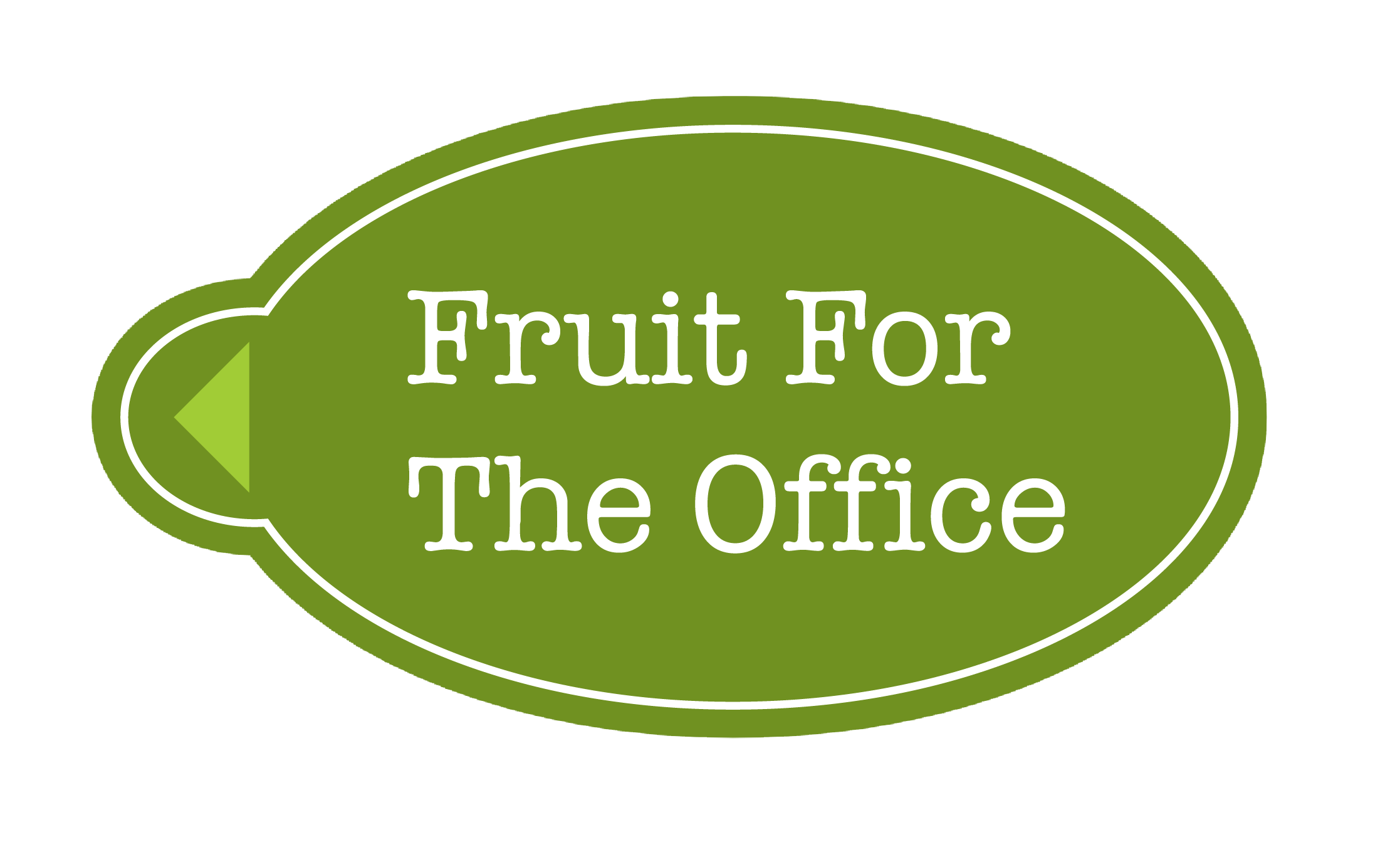



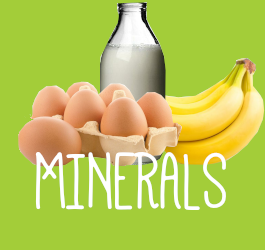









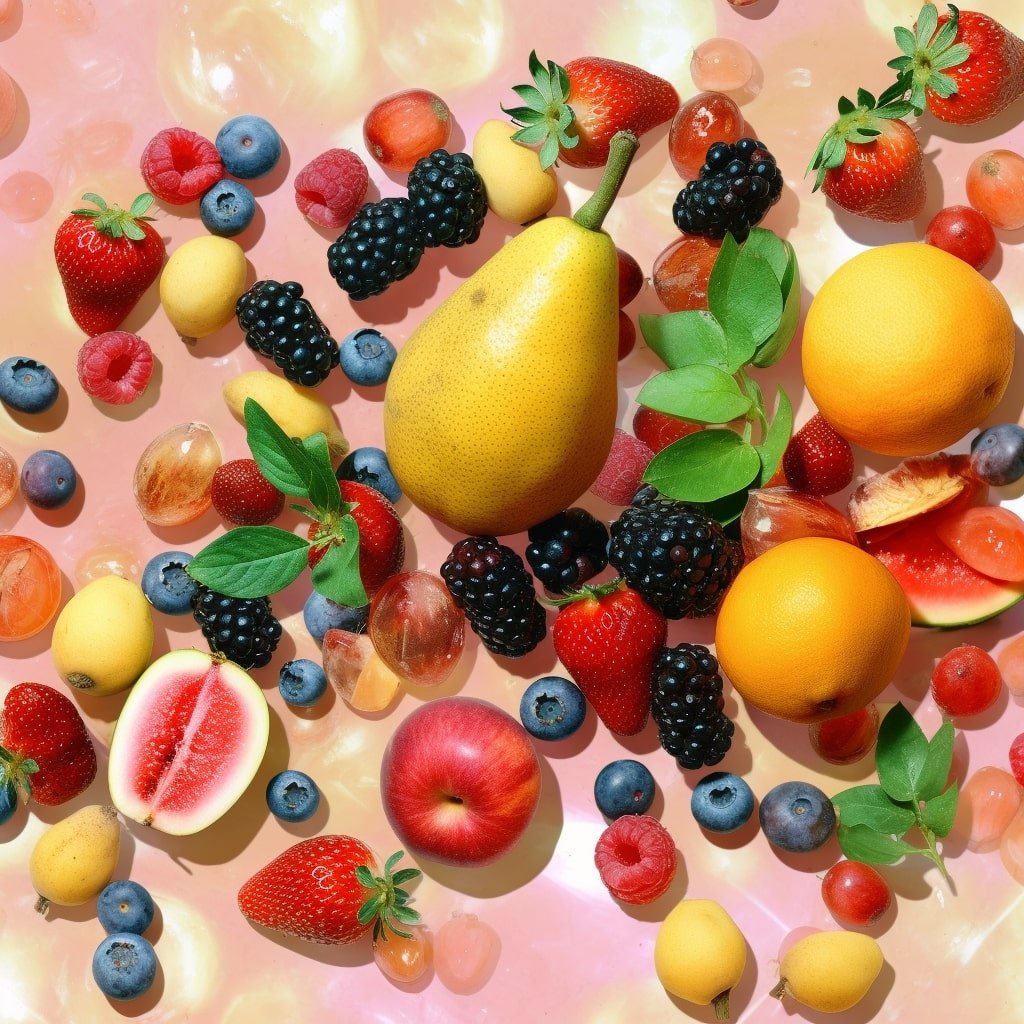









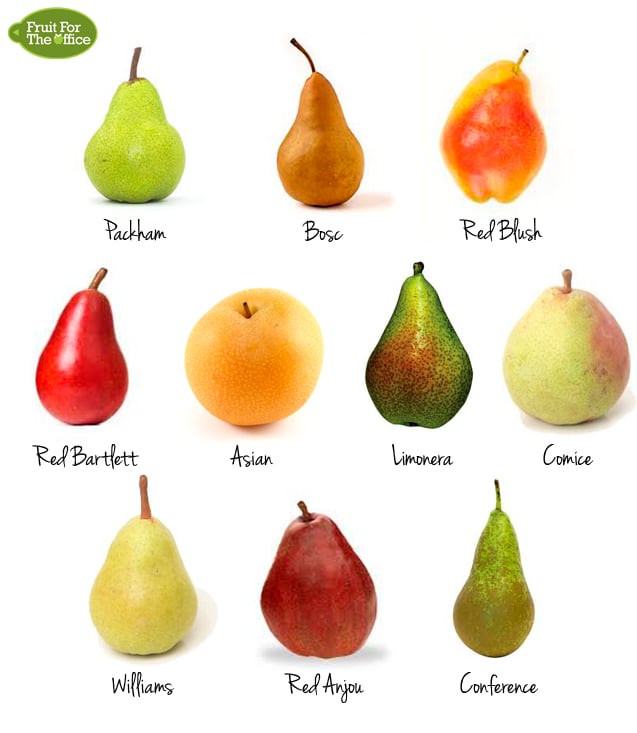





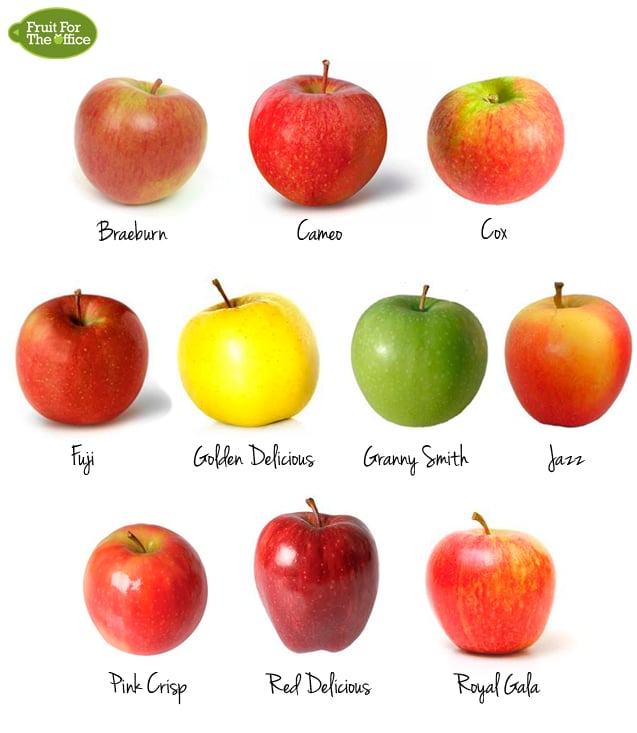





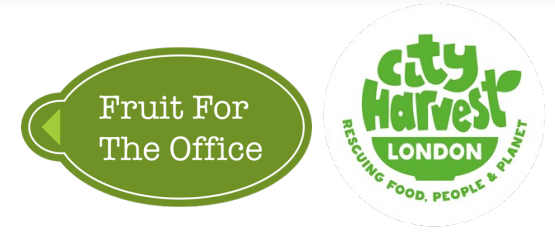


Comments